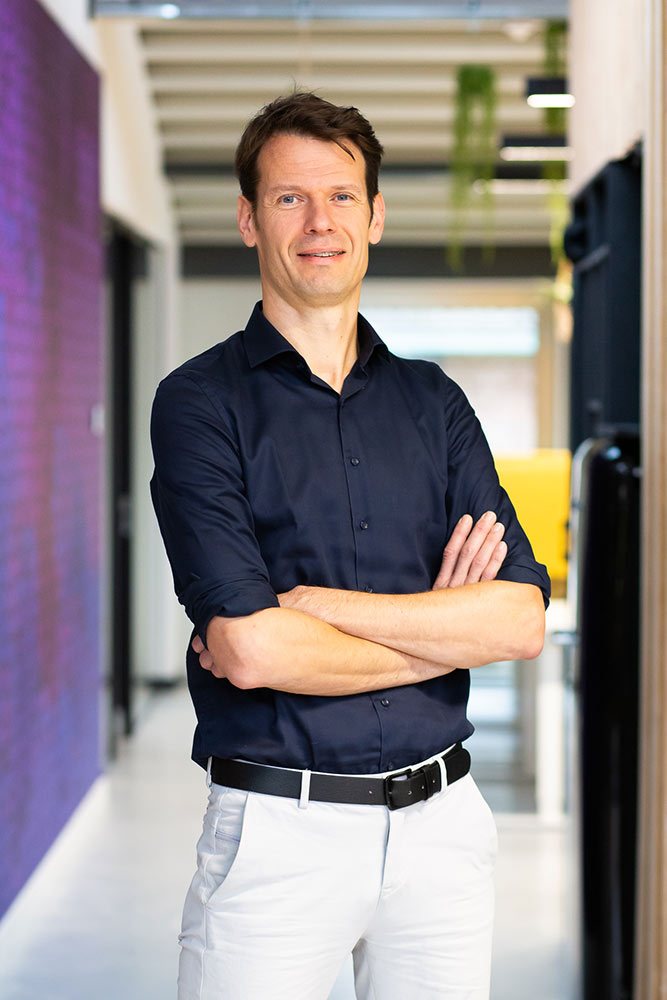At the time of crisis, the average data scientist quickly discovers that, unfortunately, his or her function is often not a vital function within Dutch society. Where people in healthcare, utilities and supermarkets work rock hard, the data scientist has to make do with performing work from home. I also had to watch with sorrow as other professions worked very hard to keep the Dutch health care system up to standard, while I had little to contribute.
Fortunately, the fact that our slogan is “Data Science with Purpose” has not gone unnoticed. Whereas in the past we have done a job for the Jeroen Bosch Hospital, now we were called upon again to help at a time of crisis. No sooner said than done, and I was on my way to Den Bosch, anxiously awaiting what I could help the hospital with.
Once there, they wanted to know which wards would have shortages if these wards filled up with COVID-19 patients. The first step was to build a scenario analysis tool that could predict the flow of patients leaving the hospital from the emergency room, through the internal departments (ICU, high care, palliative care). Then it was necessary to look at which departments would have shortages of available staff so that last-minute retraining of staff could begin now to meet the demand requirements. Content was a tough challenge, partly because of the constantly changing situation in which to work.
Thanks in part to the help of Pipple colleagues and the help of the Federation of Medical Specialists, in a very short time there was a workable tool that hospitals could use immediately. Just goes to show that even a data scientist can contribute to an acute medical emergency, although it may not be obvious at first glance. The collaboration with the Jeroen Bosch Academy and the Federation of Medical Specialists ensured that we were able to test the tool quickly and we were able to share this tool with several hospitals using it.
– Lars Quaedvlieg, data scientist @ Pipple

